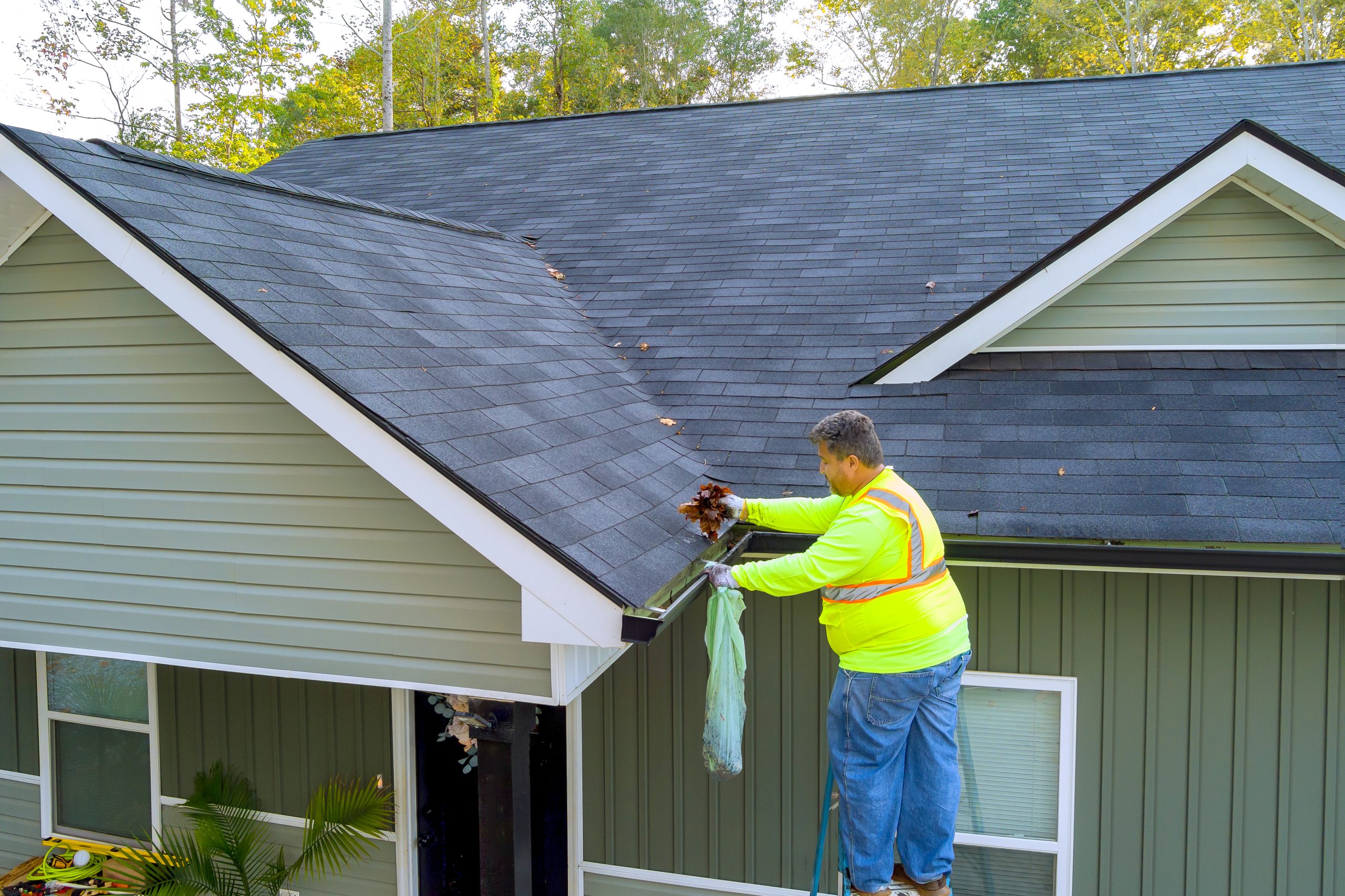When it comes to commercial gutter installation, choosing the right material is crucial for long-term durability and performance. Different gutter materials offer varying degrees of strength, resilience, and maintenance requirements, making it essential to weigh the pros and cons before making a decision.
Pros and Cons of Common Gutter Materials
- Aluminum:
- Pros: Aluminum gutters are lightweight, corrosion-resistant, and relatively affordable. They are also available in a wide range of colors, making them suitable for various architectural styles.
- Cons: while aluminum gutters are durable, they can be prone to denting from impacts such as fallen branches or hail. Additionally, they may require more frequent maintenance in areas with heavy rainfall or extreme temperature.
- Vinyl:
- Pros: Vinyl gutters are cost-effective, easy to install, and virtually maintenance-free. They do no rust or corrode, making them ideal for areas with high humidity or salf exposure.
- Cons: Despite their affordability and low maintenance requirements, vinyl gutters may become brittle over time, especially in cold climates. They may also warp or sag under heavy snow loads.
- Steel
- Pros: Steel gutters, particularly galvanized and stainless steel, offer superior strength and durability. They can withstand heavy rain, snow, and impact without denting or warping.
- Cons: Steel gutters are more expensive than aluminum or vinyl options and may be prone to rust if not properly maintained. They also require professional installation due to their weight and rigidity.
- Copper:
- Pros: Copper gutters are renowned for their aesthetic appeal and longevity. They develop a beautiful patina over time, adding character to commercial buildings. Additionally, copper is highly resistant to corrosion.
- Cons: The main drawback of copper gutters is their cost, which can significantly higher than other materials. They also require skilled installation to prevent leaks and ensure proper drainage.
Material Considerations for Different Climates and Buildings
- Climate:
– In regions with heavy rainfall or snowfall, such as coastal areas or mountainous regions, gutters need to withstand greater moisture and weight loads. Steel or copper gutters are better suited to these climates due to their strength and resilience.
– In arid or desert climates, where precipitation is minimal, vinyl or aluminum gutters may suffice, as they are less susceptible to rust or corrosion.
- Building Type:
– For commercial buildings with modern architectural designs, aluminum or steel gutters offer sleek profiles and customizable color options to complement the aesthetic.
– Historic or heritage buildings may benefit from the timeless elegance of copper gutters, which can enhance the building’s visual appeal and authenticity.
In conclusion, selecting the right gutter material for commercial installation requires careful consideration of factors such as climate, building type, and budget constraints. By weighing the pros and cons of common gutter materials and understanding their suitability for different environments, property owners can make informed decisions to ensure the longevity and functionality of their gutter systems.

